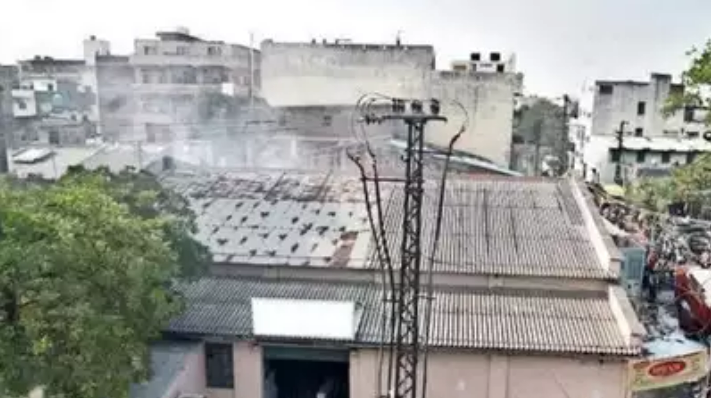The Rajasthan State Pollution Control Board (RSPCB) in India has directed industry to use polyurethane (PU), a compound widely recognized for noise and vibration control due to its noise-reducing properties .

With the rapid development of the state’s industrial sector and the increasing use of heavy machinery, there is increasing pressure on noise levels, which must be controlled in a scientific manner.
RSPCB Chairman Naveen
Mahajan said: “After detailed discussions with experts, the National Committee has decided to insist on the use of at least 20mm thick floors for heavy/noise producing machinery and D.G equipment in industry from the perspective of mitigating noise pollution from existing and operating industries. closed-cell polyurethane (PU). RSPCB also ensures that this condition is included in all permits issued in the future, giving a one-year transition period. This move will be an effective step in controlling noise pollution from the industrial sector.”
According to RSPCB, increases in ambient noise levels in public places are usually due to machinery involving industrial activities, construction activities, generator sets, loudspeakers, public address systems, music systems, vehicle horns and other machinery that is harmful to human health.
Noise generation and sources of generation in industrial areas fall under the jurisdiction of national committees. In order to maintain ambient air quality standards in terms of noise from industrial enterprises and to curb noise pollution, the National Committee issued the order on February 28.
Factories installed with D.G units or heavy machinery or noise-generating machinery, and factories installed with equipment for crushing and cutting stones and steel cutting or such noise-generating machinery, all of which are instructed to be equipped with polyurethane (PU ) sound insulation. RSPCB is based on the monitoring of ambient noise to the standards stipulated in the Noise Pollution (Management and Control) Rules, 2000. Under these rules, industrial areas are allowed 75 decibels (A) of noise during the day and 70 decibels (A) of noise at night.



 微信扫一扫打赏
微信扫一扫打赏
